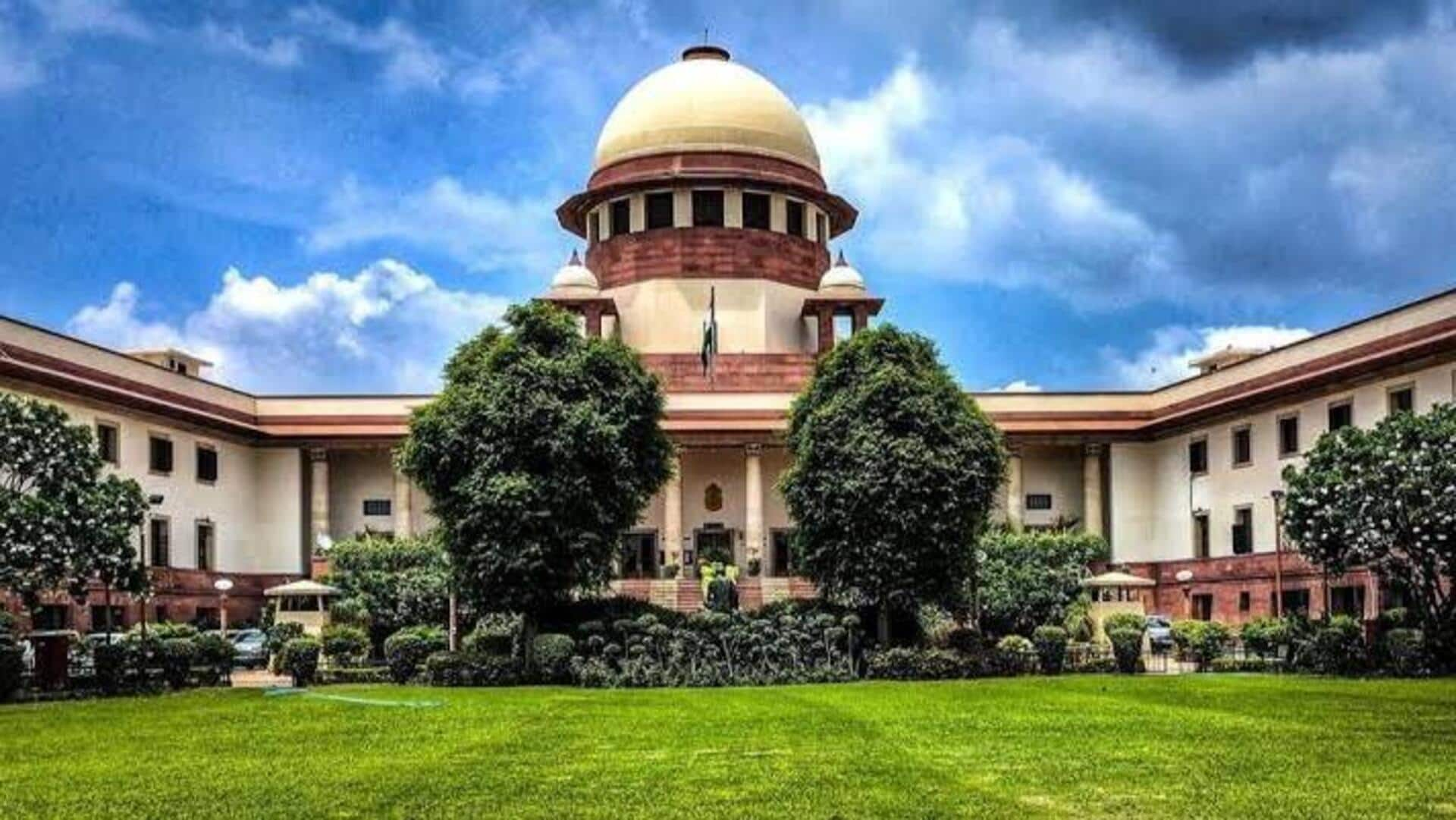
'Apologize': SC to IPS wife for wrongfully jailing husband, in-laws
What's the story
The Supreme Court has ordered a 2022-batch Indian Police Service (IPS) officer and her parents to publicly apologize to her former husband and his family after she filed multiple false criminal cases against them during their marital dispute. The court found that her actions caused "physical and mental trauma." The husband was imprisoned for 109 days, while his father spent 103 days in jail due to serious charges leveled by her under various sections of the Indian Penal Code (IPC).
Apology details
Apology to be published in national English, Hindi newspapers
The court ordered the wife and her parents to issue an unconditional apology in a national English and Hindi newspaper. The apology should also be shared on social media platforms like Facebook, Instagram, and YouTube. It must be published within three days of the order. The bench, comprising Chief Justice BR Gavai and Justice AG Masih, emphasized that this apology is not an admission of liability but a step toward moral redress for the suffering caused by their actions.
Apology content
Format of the apology
The court also directed the wife to apologize in a specific format, acknowledging the emotional impact of her actions on her ex-husband's family. The apology reads, "I understand that the various allegations and legal battles have created an atmosphere of animosity and have deeply impacted your wellbeing." "I sincerely hope that this apology can be a step toward finding some peace and closure for all of us."
Marriage dissolution
Couple started living separately in 2018
The couple got married in 2015, and their daughter was born the following year. They began living separately in 2018. Thereafter, the woman filed 15 separate cases, including serious charges of cruelty, attempted murder, rape, among others. After hearing both sides, the court quashed all cases "to bring an end to...protracted legal battle between the parties and to secure complete justice." Formally dissolving the marriage, the court gave the daughter's custody to the woman, with visitation rights for the husband.